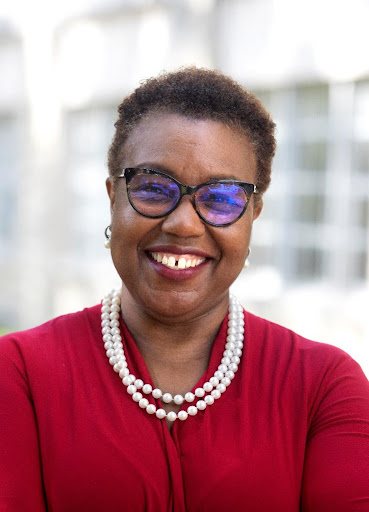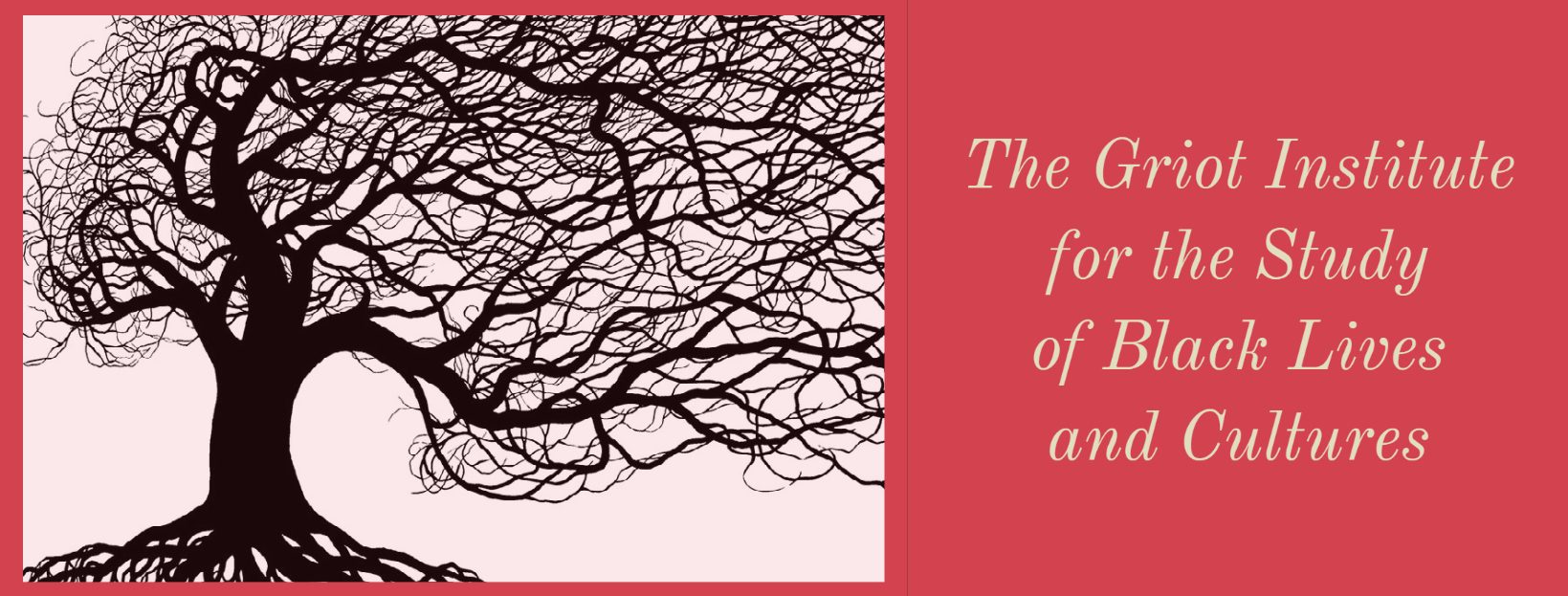
This interview was conducted by Taylor Collins, Griot Student Intern with Vernese Edghill-Walden, Bucknell’s Inaugural Vice President of Equity & Inclusive Excellence, and a speaker for the 2022-2023 Spring Series.
TC: On July 31, 2023, you will be returning to Bucknell’s campus as inaugural vice president of equity & inclusive excellence. Why return to Bucknell’s campus now and what do you hope to accomplish in the years to come?
VEW: Why now… I think that I’m at a point in my career where all of the previous work experience that I’ve had, I could be of benefit. The skills and knowledge that I’ve learned could be of benefit to Bucknell. I have always stayed connected with Bucknell in some way, and so this isn’t my first time reengaging with Bucknell, but I think that the time in my life, the work that I’m currently doing at Northern Illinois University, and my interest and passion in DEI can be of service. What I think that Bucknell is trying to do at this point interests me. I think that all of the things that I’ve learned, all of the professional experiences that I’ve had, all the leadership that I’ve been able to do. I think that I could be of benefit to Bucknell. I can learn from Bucknell and Bucknell can learn from me.TC: Your first job after your graduation from Bucknell was at the University of Delaware at the Center for Black Culture and Multicultural Programs. What did your time spent at that university teach you?
VEW: So, I will say that that wasn’t my first first job. My first first job was the one I spoke about yesterday for Franklin and Marshall, where I was only making $14,000 a year. So my job at the University of Delaware was my second job. I loved that job. It taught me a lot. I don’t even know where to start! So, I’ll say this, when I went to the University of Delaware, I was working on my Master’s degree. I did not have my Master’s degree when I got there. So I took classes part time, and I worked full time. So I really got the chance to learn about student advocacy from a professional standpoint. When I was at Bucknell, I was a student advocate, but that’s a very different role. When I got to the University of Delaware, I learned more about what it meant to be an advocate for students as a professional, as an administrator. I have to this day maintained the relationships that I had with those students, even known as professionals. Which I love about that job. One of the things that I was really big about, or really interested in, was making sure that students knew that the impact they were going to make in their world, or in their life, was bigger than them. So it wasn’t just, you were going to go to school and get a degree, but youre going to go to school, get an education, and you’re going to give back to the community. So one of the things that I think I’m most proud of was my ability to instill that in them, the students, while also still being an advocate for students.
TC: Have you seen any changes in inclusivity and diversity in predominantly white universities since you’ve started your career? Where does change still need to be made?
VEW: I think there has been some change. I just said this to the class I just taught, change is slow. And incremental. So it’s not that there’s been this massive change, I think it’s hard to change systems and institutions that were really built to be exclusionary, were created to be exclusionary and elitist. I think that I have seen some change. In the sense that our language has changed. Some institutions’ sense of what is needed to create an inclusive community has changed. That doesn’t necessarily mean they’ve done all the changes. But I think that they at least, these institutions, are aware most about the fact that the demographics in our world are changing, and if we want to make sure we are in a community that helps people feel that they are heard, valued, and respected, that there has to be some level of change. I think there are some institutions that have made some progress in that area. And to your second question, I think still in student success and achievement, what happens in the classroom, hiring faculty and staff that are representative of the population that’s reflective of the institution, institutional policies that should be reviewed to ensure there are less barriers to student success are areas that still need change.
TC: What motivates you to work in such a demanding position?
VEW: The students. When I think about the impact that we can make as an institution that can really help transform students’ lives, that’s what keeps me going. I just finished teaching this class, and the students were talking about the things that they advocated for, and I’m like, “That’s powerful!” And that’s what I think higher education is for. I think our job, my job, is to help students reach their potential, help students see where life can take them, where their life interests and career passions can take them, in the same way that passion was sparked in me at Bucknell. I absolutely believe that I can be a resource to students in order for them to find their passion and for them to go out and do amazing things. That’s what keeps me going.
